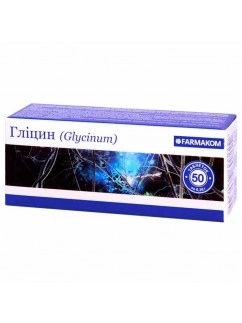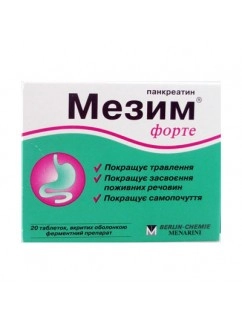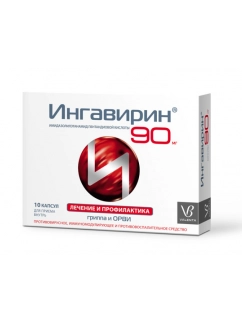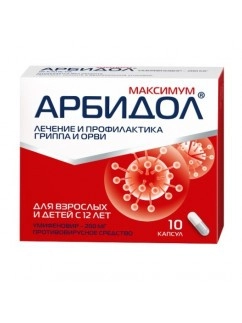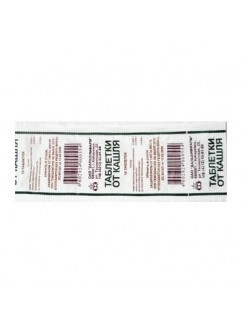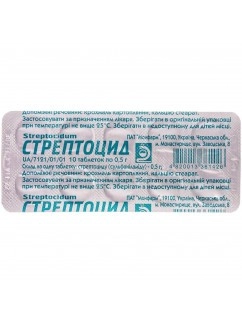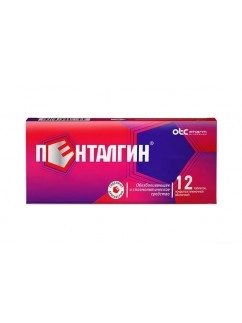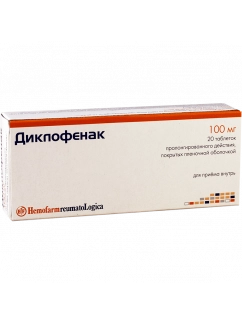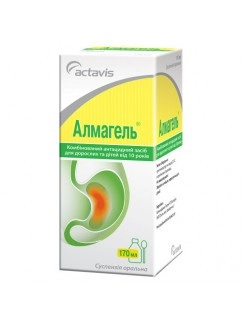Capsules & Tablets
Glycin (chemical name aminoacetic) improves the metabolic processes in the tissues of the brain, works as an anti-depressive, helps induce sleep, and also increases mental alertness.
Patients suffering from chronic alcoholism show a decreased inclination to consume alcohol and display fewer withdrawal symptoms.
Use in cases of: chronic alcoholism, states of stress, nervous tension, neurosis, degeneration or weakness of the muscles, loss of mental alertness, degeneration of the brain, increase of excitability, violent mood swings, and insomnia.
Side effects include allergic reactions. Note: For patients with an inclination to low blood pressure take smaller doses. If blood pressure falls below the usual level, stop taking this treatment. Do not use in cases of hypersensitivity.
$9.99- Mezim - Forte is and enzymatic preparation which improves functional work of gastrointestinal tract and normalizes digestion. Mezim Forte is recommended for use as a replacement therapy, to promote better work of pancreas in cases of chronic pancreatitis, pancreatectomy, post radiation treatment syndrome, dyspepsia, wind, infectious diarrhea. Mezim Forte is also used by people who dont suffer from stomach diseases but have some temporary problems caused by overeating and irregular eating, slow-moving pace of life.$11.99
- Treatment and prevention of influenza A and B and other acute respiratory viral infections (Adenoviral infection, parainfluenza, respiratory syncytial infection, rhinovirus infection) in adults and children from 3 years.$33.99
Arbidol inhibits the activity of influenza A and B viruses, as well as the coronavirus associated with the severe respiratory syndrome.
The active substance stimulates the humoral and cellular immune responses, which helps to increase resistance to viral infections.
It is a fusion inhibitor - Arbidol interacts with the hemagglutinin of the virus, preventing the fusion of the lipid membrane of the virus and cell membranes.
Reduces the frequency of manifestations of complications associated with exposure to viral infections, and also reduces the frequency of manifestations of exacerbations of bacterial diseases with a chronic course.
The drug is not toxic. A negative effect, when taken orally and in the right dosage, is not observed.$27.99- Tablets provide highly effective anti-inflammatory, anti-cough and expectorant effect. It is also used as a fine pain reliever and sedative agent. It contains herbs and herbal extracts, which have favourable influence and promote recovery from illness. It is recommended for cough of different origin in adults and children over two years old.$5.49
Pharmacological effect:
Antiseptic agent for local use in ENT practice and dentistry. It has a bacteriostatic effect. Active against Streptococcus hemolyticus, Streptococcus viridans and Pneumococcus.
Indications:
Prevention and treatment of acute infectious and inflammatory diseases of the mouth and larynx (tonsillitis, stomatitis, gingivitis). Prevention of infectious and inflammatory diseases after tooth extraction.$15.99
Dietary supplements are more than what meets the eye. They can be prescribed for a variety of conditions and to boost your overall health and well-being. There are numerous supplements that can be taken in pill form to boost the immune system, take care of symptoms or just make you have more energy to get through your day. Consider the options that we provide to ensure that you're getting a high quality, all-natural choice. Not all supplements are made from the finest ingredients, but by ensuring that you obtain the finest, ensures you're consuming the best.


